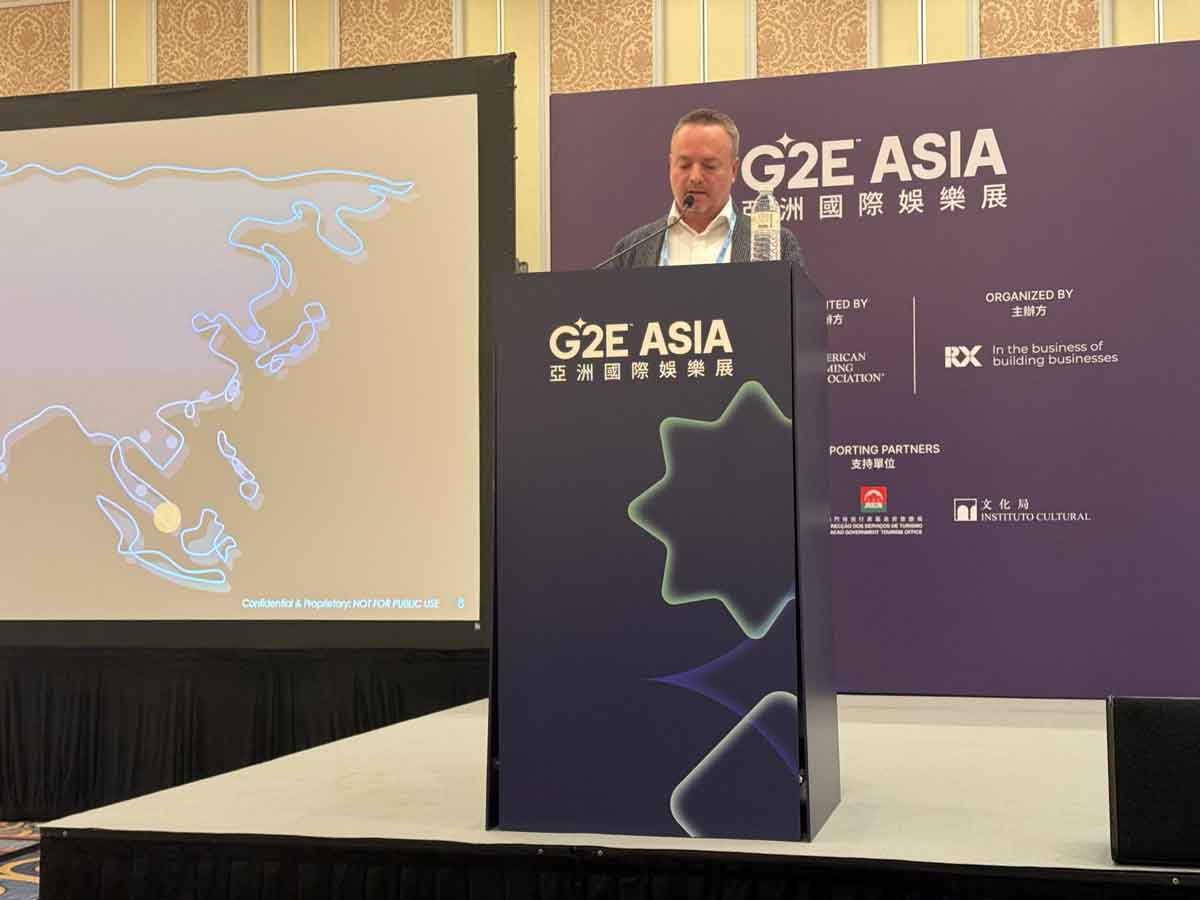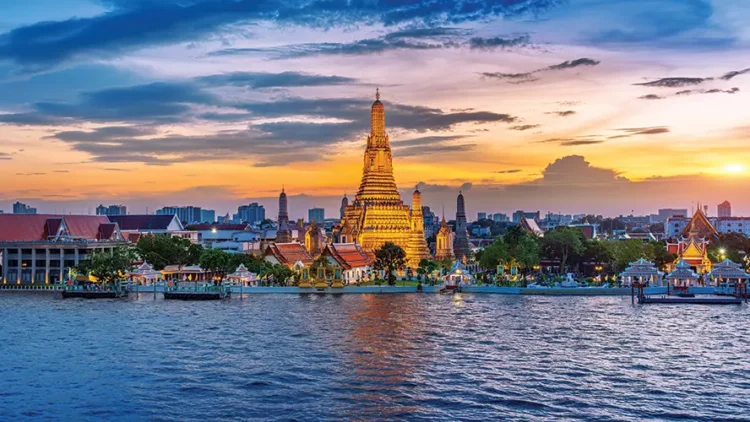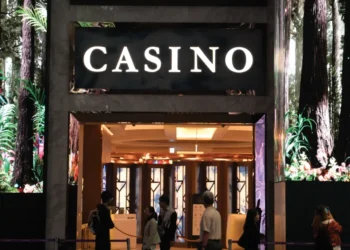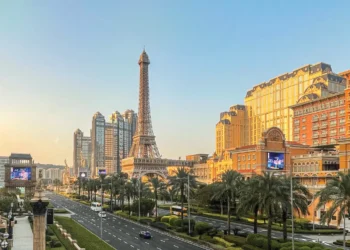Governments that choose to legalize casino gaming must work with operators to actively engage with the public and clearly articulate why integrated resorts are good public policy or risk losing the opportunity, said MGM Resorts’ President of Global Development, Ed Bowers.
He also warned that regulations governing casino operations need to allow for sufficient return on investment given the rising costs of IR development and the risk involved. An appropriate tax rate, suitable number of licenses, reasonable concession length, access by locals and the ability to market to a wide range of customers have all been staples of successful gaming jurisdictions, Bowers said.
Although he didn’t specifically single-out Thailand, Bowers’ comments during a Keynote Address at G2E Asia on Wednesday come as the Southeast Asian nation faces rising public opposition to its casino policy as it looks to legalize casino gaming and develop its first integrated resorts via the stalled Entertainment Complex Bill. Some policies seemingly designed to appease anti-gaming voices, such as the recent implementation of a THB50 million (US$1.5 million) minimum bank balance requirement for locals, also threaten the industry’s viability.

Bowers, who oversaw MGM’s lengthy but ultimately successful bid to win a casino license in Japan – nobody else was as fortunate – said, “Governments who choose to legalize casino gambling must proactively engage with the public. This means working alongside the operators to clearly articulate why integrated resorts are good public policy.
“They must communicate that regulation will be robust, aligned with global best practices and designed to ensure player protection. They must also speak clearly that casino game will be free from corruption, the selection processes will be transparent and that there are strong measures to mitigate problem gambling.
“Equally vital is highlighting the tangible economic benefits such as job creation, increased tourism infrastructure investment and community revitalization.”
It is essential, Bowers added, that gaming regulations are comprehensive but also flexible and “not so restrictive that they hinder our ability to make our revenue targets.
“Most new markets adopt the majority of their regulatory structure from successful international precedents,” he explained. Although local adaptations are inevitable, “our role as developers is to work constructively with regulators to address local concerns in ways that do not undermine the business fundamentals needed for sustainable operations.”
In the case of Thailand, where MGM is weighing up a bid via its Macau subsidiary MGM China, Bowers noted the clear opportunity to become one of Asia’s leading land-based gaming jurisdictions but recognized there are growing voices of discontent.
“From the operators’ perspective, it’s essential that the business framework aligns with international best practices, including permitting entry to Thai nationals and that the entire process is transparent and credible,” he explained.
“Opposition to the bill has increased in recent months making it all the more important that key issues such as the mitigation of problem gambling are thoroughly addressed publicly by both the government and the industry.”

More licenses for Japan?
Bowers also addressed recent reports that Japan could rekindle efforts to issue up to two more IR licenses in the near future but warned any such process would likely take at least two or three years to complete. The first round, he added, took more than five from the passing of IR legislation in 2018 to the award of the sole license to MGM for its Osaka project in April 2023.
“While Osaka is the only approved site, the government is actively working on the application process for the remaining two licenses,” he said.
“Given Japan’s methodical approach to this, this will likely take time and I do not anticipate any new concession awards for at least the next two to three years judging by the speed with which the first concession was awarded.”
As reported by Inside Asian Gaming, MGM Resorts recently increased its projected investment into MGM Osaka from US$2.5 billion to US$3 billion on “updated spend estimates”.
Bowers acknowledged that Japan has in recent years witnessed an unprecedented rise in construction costs and pointed to a raft of key issues MGM will need to navigate as the IR’s planned 2030 opening date draws near,
“Going forward I believe that the major challenges will be securing post-opening labor and working constructively with Japan’s regulators to ensure that the operating environment adheres with other countries’ best practices and is not uniquely restrictive,” he said.




































